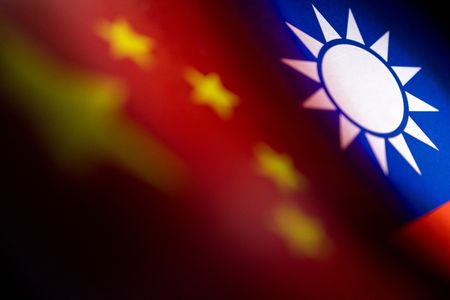
Russia’s Ukrainian Quagmire Providing Tough Lessons for China

By Greg Torode, Martin Quin Pollard and Yew Lun Tian
HONG KONG/BEIJING (Reuters) -From countering a Western “information war” during a Taiwan conflict to using “shock and awe” to swiftly subdue the island’s forces, Chinese strategists are soaking up lessons from Russia’s Ukrainian quagmire, diplomats, scholars and analysts say.
Chinese military experts are discussing the conflict in private chat groups, offering their takes on Western involvement in Ukraine and Russia’s perceived failings, say two scholars and four Asian and Western diplomats who are in touch with Chinese strategists.
Although their conclusions have yet to surface in official military journals or state media, Russia’s failure to quickly crush the Ukrainian military is a key topic – as are fears about how well China’s untested forces would perform.
“Many Chinese experts are monitoring this war as if they are imagining how this would unfold if it happened between China and the West,” said Beijing-based security scholar Zhao Tong of the Carnegie Endowment for International Peace.
Russia’s approach in the early stages of the war did not subdue Ukrainian forces, which emboldened the international community to intervene with intelligence sharing, military equipment and the economic isolation of Russia.
“China probably should think about conducting a much stronger and much more comprehensive operation at the very beginning to shock and awe the Taiwanese forces to secure a major advantage,” Zhao said, referring to observations from Chinese strategists.
They believe securing that advantage would “deter enemy forces from being willing to intervene”, he said.
Singapore-based scholar Collin Koh said such an approach would create its own problems for China’s People’s Liberation Army.
“If you are going to ‘shock and awe’ Taiwan with overwhelming force in the initial stages, there might be a lot of civilian casualties,” said Koh, of the S. Rajaratnam School of International Studies. That would make occupation difficult and harden international opposition.
“The Chinese can’t have any illusions now that they will be welcomed as liberators in Taiwan and given supplies and assistance,” he said.
Taiwan also has greater missile capabilities than Ukraine, allowing for pre-emptive strikes on a Chinese build-up or attacks on Chinese facilities after an invasion.
Neither China’s defence ministry nor China’s Taiwan Affairs Office immediately responded to requests for comment.
Russian forces invaded eastern Ukraine starting on Feb. 24, reducing towns and cities to rubble amid stiff resistance, losing thousands of troops as well as tanks, helicopters and aircraft. British officials estimated this week that 15,000 Russian troops have died; other sources suggest a higher number.
More than 5 million people have fled after what Russia describes as a “special operation” to disarm Ukraine and protect it from fascists. Ukraine and Western governments say this a false pretext for an unprovoked war of aggression by President Vladimir Putin.
INFORMATION WAR
Chinese strategists also worry about how Russia is contending with indirect Western military assistance, a factor China would also face in a Taiwan scenario, say two scholars and four diplomats.
Chinese experts are privately arguing about the need for Beijing to better compete in the so-called information war, which has complicated Russia’s position on the battlefield, Zhao said.
Besides isolating Russia economically, Western diplomatic efforts – and reporting on atrocities in the war zone – have made it easier to provide aid for Ukraine and harder for Russia to find outside support.
Zhao said that to Chinese strategists, one of the most important parts of the current conflict was how Western nations “are able to manipulate, from their perspective, international opinion and decisively change the international response to the war.”
Some Chinese strategists believe that the control of information has created a much worse impression of Russian performance than is warranted.
“There are a lot of discussions about how China needs to pay great attention to this information domain,” Zhao said.
LOGISTICAL CHALLENGES
Some analysts note that the Ukrainian campaign was under way long before Russian forces invaded in late February, with months of build-up on the Russian side of the border. Those efforts were easily tracked by private sector open-source intelligence firms and repeatedly highlighted by U.S. and other governments.
“Taiwan would present a far greater logistical challenge than Ukraine, and to ready an invasion force on that scale undetected would be incredibly difficult,” said Alexander Neill, who runs a strategic consultancy in Singapore.
China’s military leaders also have for decades looked to Moscow for not just weapons but also structural and command doctrine.
Russian and Chinese forces have staged increasingly intensive joint exercises in recent years, including large-scale combined arms operations in Russia in September 2020.
Strategic assumptions from this collaboration, however, are being tested. In 2012 the PLA adopted units similar to Russian Battalion Tactical Groups (BTG) – supposedly swift, nimble and self-supporting units. But Russian BTGs have become bogged down in Ukraine and proven vulnerable to attack.
Russia has also struggled to coordinate the involvement of several military districts in the Ukraine war. Chinese analysts worry a Chinese invasion across the Taiwan Strait – widely seen as a far greater military challenge – would face similar problems, as it requires smooth co-operation across its recently formed Southern, Eastern and Northern Theatre Commands.
Russia’s forces in Ukraine have had command breakdowns and low morale. Analysts say it’s unclear how Chinese troops – untested since they invaded northern Vietnam in 1979 – would perform in a modern conflict.
“We’ve seen signs of alarming indiscipline from Russian troops, which is a reminder that there is so much we don’t know about Chinese troops would perform under the pressures of war,” Neill said. “For all the political indoctrination, we just don’t know how resilient they would be.”
(Reporting By Greg Torode in Hong Kong and Martin Quin Pollard in Beijing; additional reporting by Yew Lun Tian. Editing by Gerry Doyle)
Disclaimer
The opinions expressed in this article are the author’s own and do not reflect the views of Chanakya Forum. All information provided in this article including timeliness, completeness, accuracy, suitability or validity of information referenced therein, is the sole responsibility of the author. www.chanakyaforum.com does not assume any responsibility for the same.
Chanakya Forum is now on . Click here to join our channel (@ChanakyaForum) and stay updated with the latest headlines and articles.
Important
We work round the clock to bring you the finest articles and updates from around the world. There is a team that works tirelessly to ensure that you have a seamless reading experience. But all this costs money. Please support us so that we keep doing what we do best. Happy Reading
Support Us



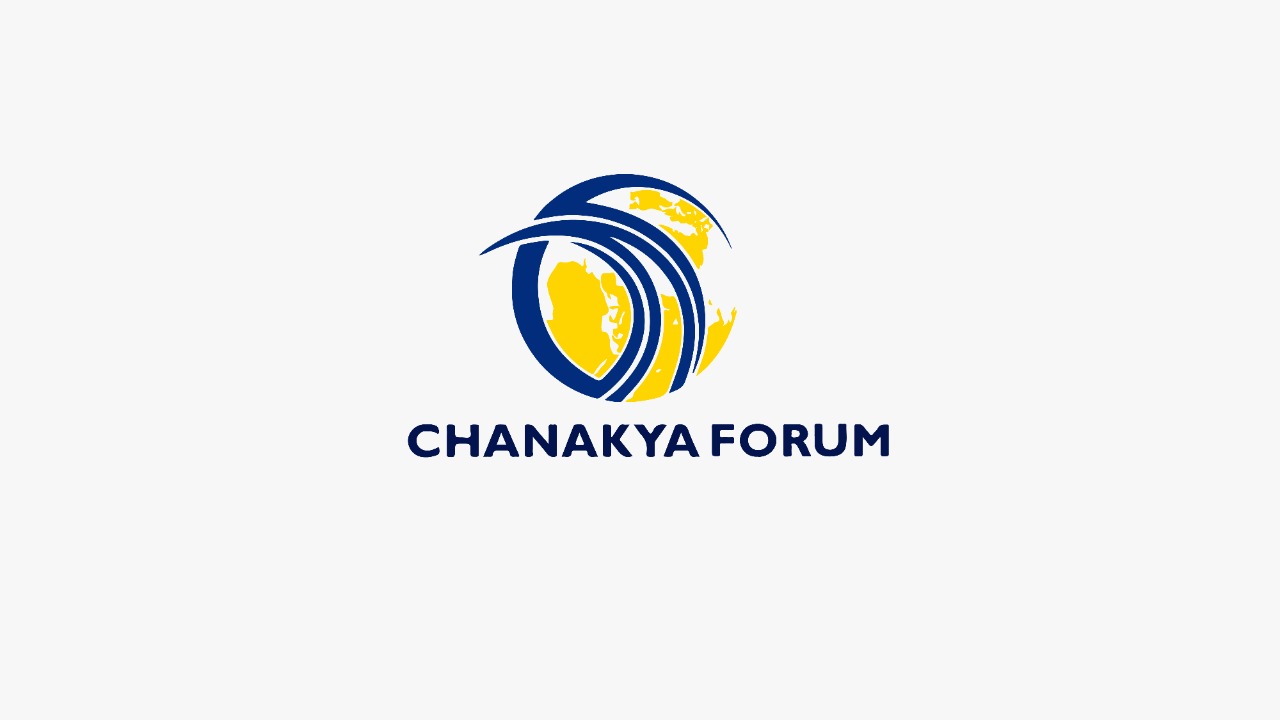

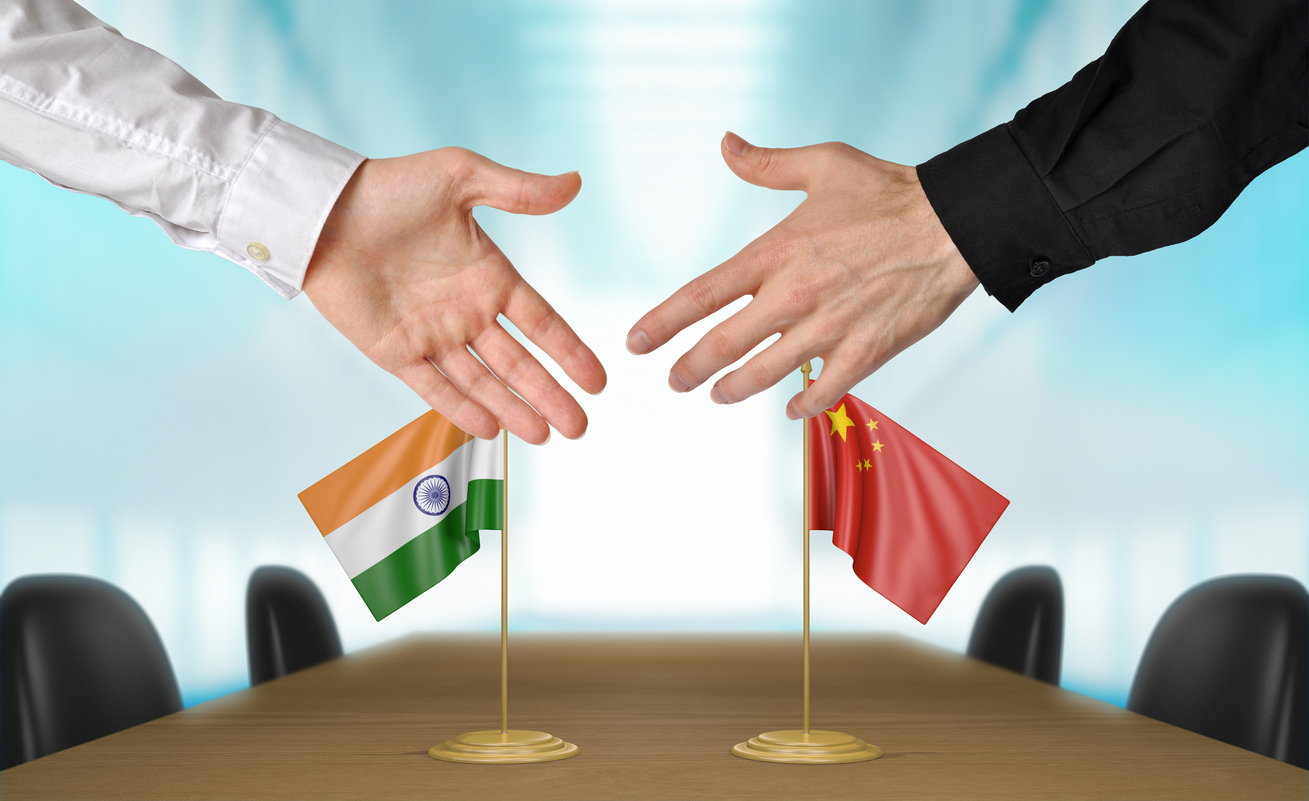


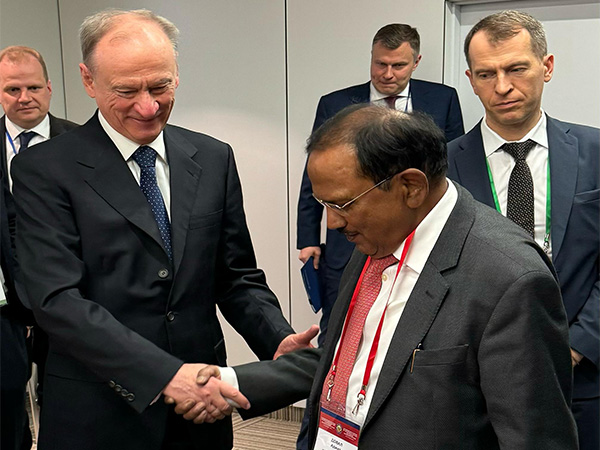
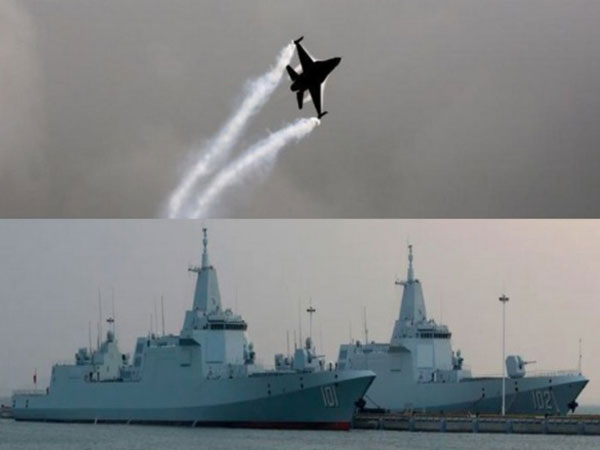
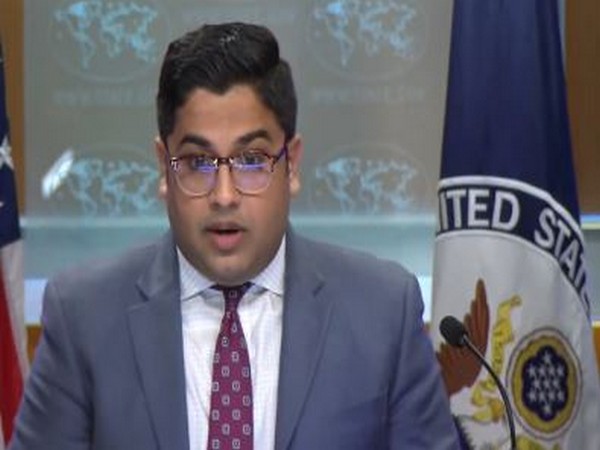
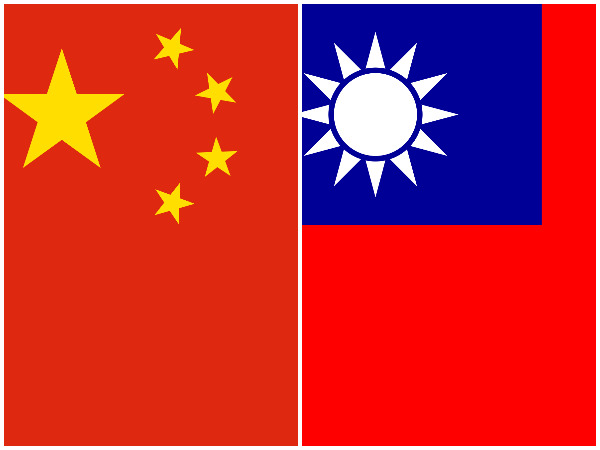
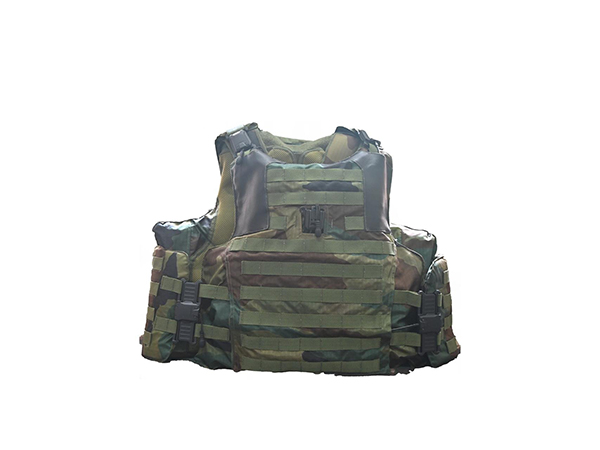

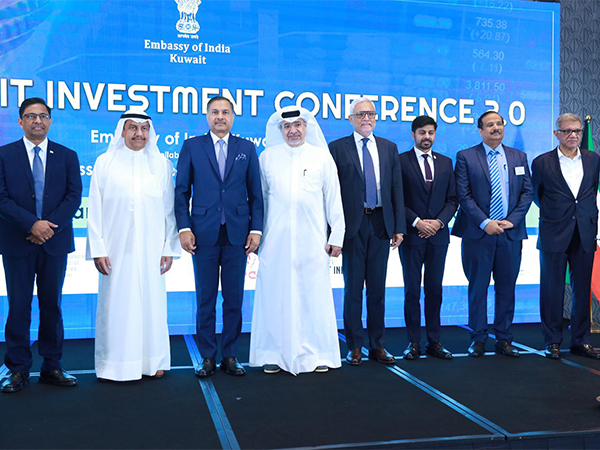






POST COMMENTS (1)
Kalidan Singh